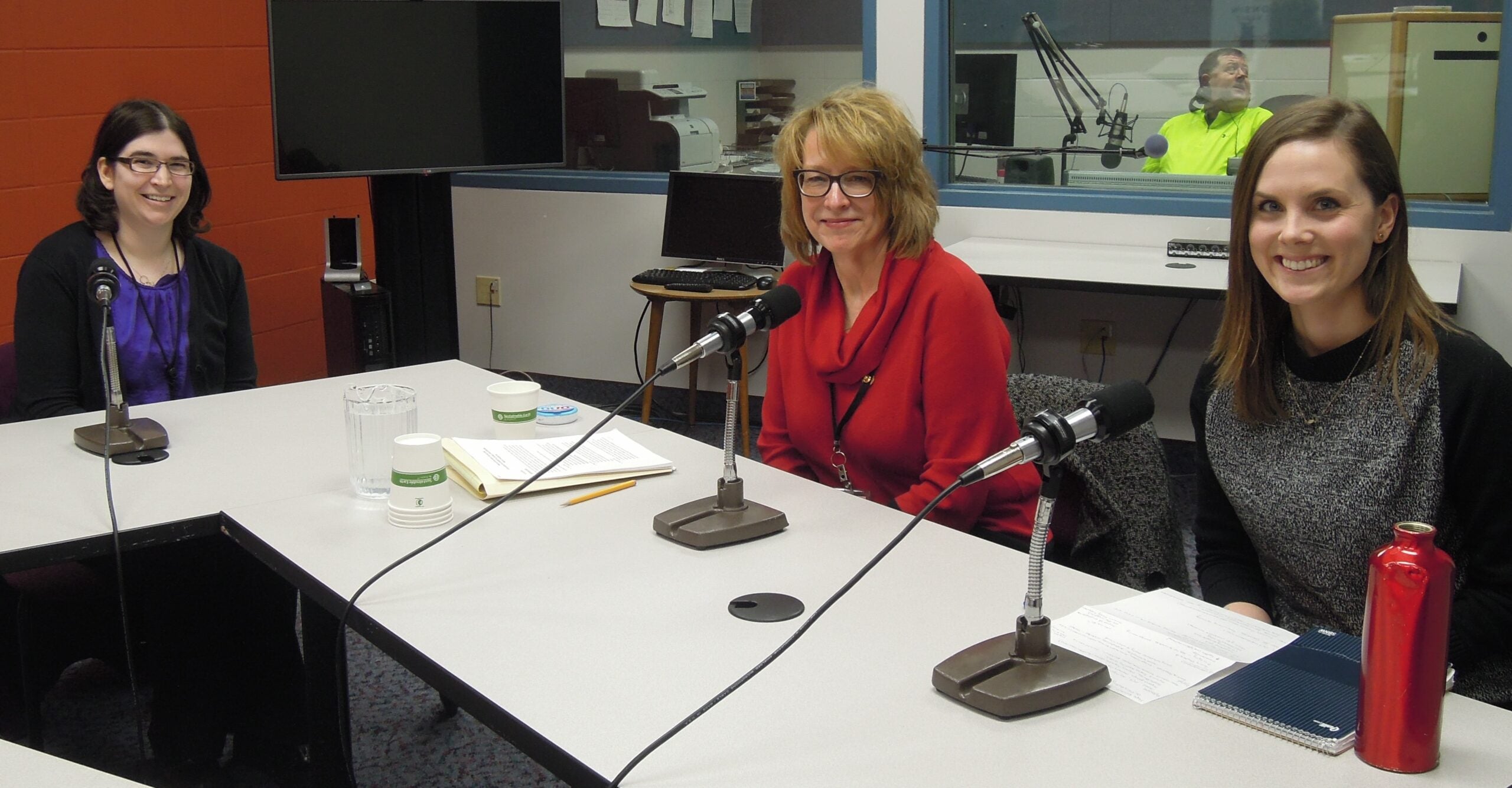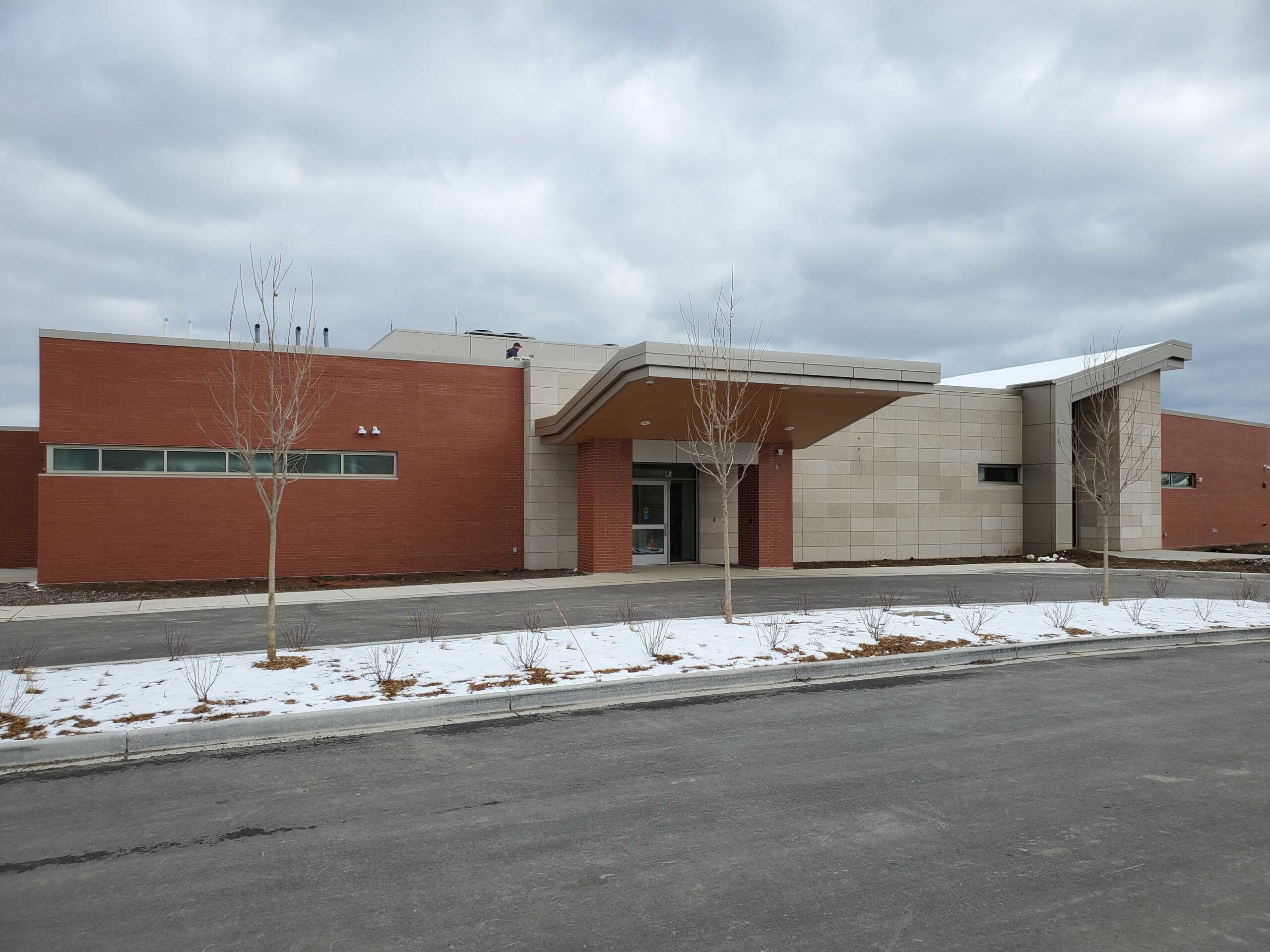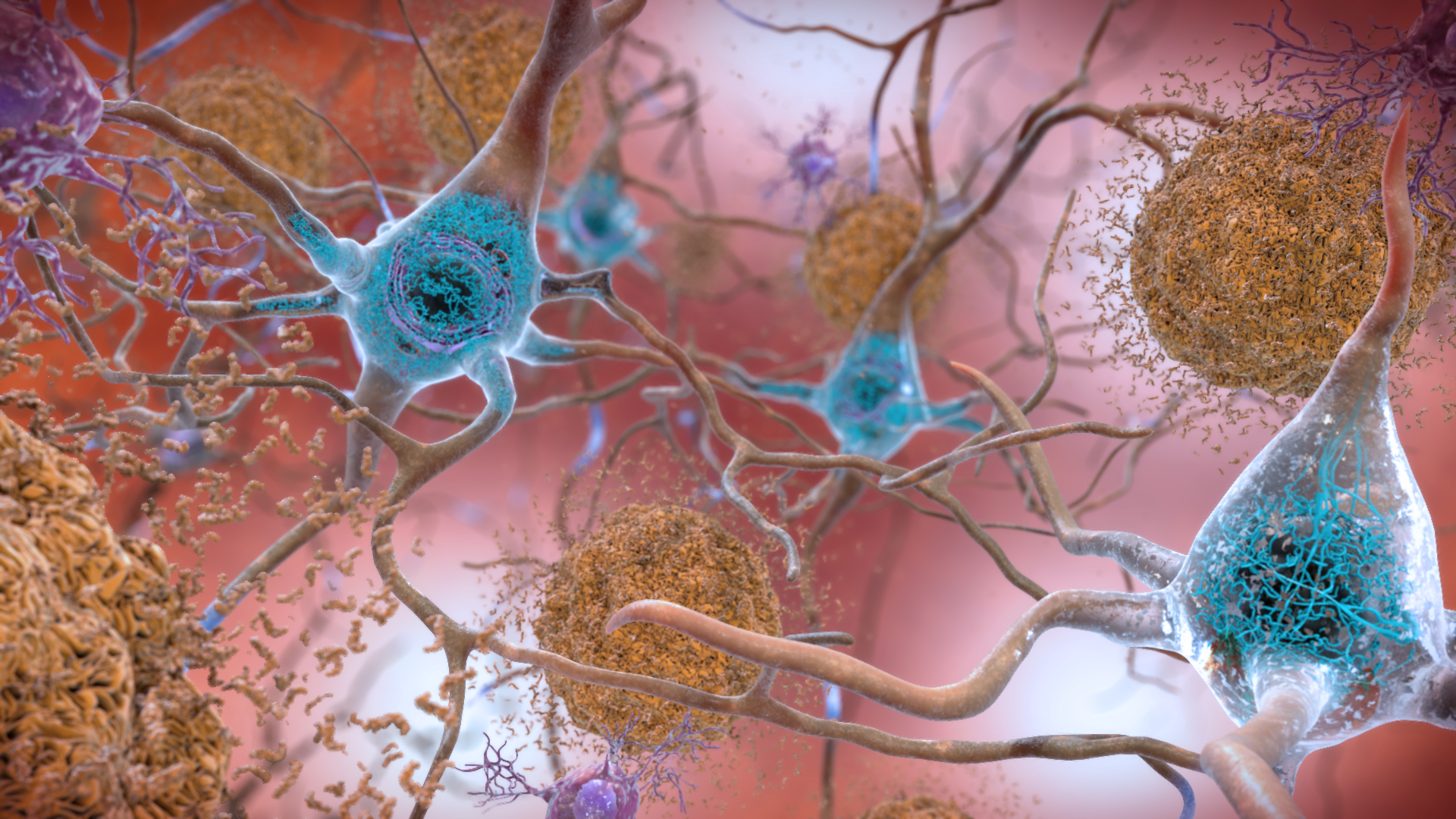Dementia Care Part 1-
Dementia is commonly viewed as that illness that happens during old age, usually associated with memory loss.
But if someone is having problems with basic tasks, like making a meal or balancing a checkbook, or other nuanced lifestyle changes, experts said early diagnosis of dementia can help in designing a long term plan that can avoid an emergency later on.
Professionals who deal with dementia on a daily basis said catching signs of the condition at the earliest possible point can make a big difference in how someone lives with dementia.
“I think recognizing that this is more than what we’d expect with normal aging is very important,” said Gundersen Health System Internal Medicine Dr. Mary Bassing. “Making that diagnosis is extremely important for planning for the future, not only for implications for medications that could be tried, but also in kind of thinking about supporting caregivers going through time, advanced care planning, all of those other pieces.”
Dr. Bassing specializes in geriatrics and has designed a program at Gundersen that helps patients and caregivers sort through prescription drug issues, and gives them the support of a social worker to help design a long term care plan.
More than 100,000 people in Wisconsin are diagnosed with dementia, many are living alone or with family members, and families are providing much care.
“In Wisconsin, the statistics are actually 22 percent of people diagnosed with dementia are living at home alone,” Whitney Thompson said. Thompson is a dementia specialist with the Southwest Wisconsin Aging and Disability Resource Center. She works with people who have dementia and their families in Grant, LaFayette, Green and Iowa Counties. “That’s a good majority of people that really are in danger of being in a crisis situation without the supports they need.
Human service and medical providers, even politicians are spending time assessing the services that are available now, and will be in the future to help people with dementia.
More than 60 stakeholders in La Crosse County met in early 2015, and continues to work in small groups to find ways to improve the system. Lakeview Health Center Administrator Wanda Plachecki said they’ve looked at the system in a rather backwards fashion with an emphasis on the worst-case scenario for someone with dementia, someone who finds themselves in crisis.
“The way we define crisis is really when that person in an emergency setting is unable to remain in their current placement,” said Plachecki. “We focused on that because, even though that’s a very small number of people, it seemed to be taking a lot of resources. Those were the individuals who might be sitting in a hospital for three or four months at a time.”
Plachecki said they are still working to figure out what the strategies might be and what might work for a regional collaboration. As part of that, a project manager is being hired to help pull everything together.
Thompson said while one in five people diagnosed with dementia are living on their own, 70 percent are still in a home setting, not an assisted living facility or nursing home.
-by John Davis
Episode Credits
- Hope Kirwan Host
- John Davis Producer
- Dr. Mary Bassing Guest
- Wanda Plachecki Guest
- Whitney Thompson Guest
Wisconsin Public Radio, © Copyright 2024, Board of Regents of the University of Wisconsin System and Wisconsin Educational Communications Board.





